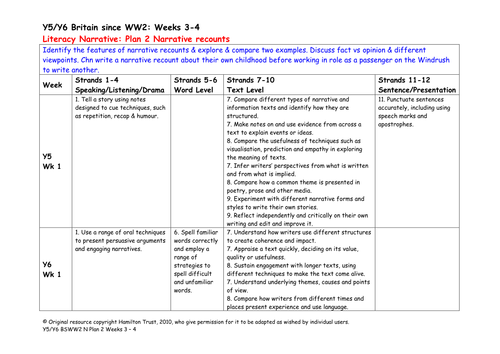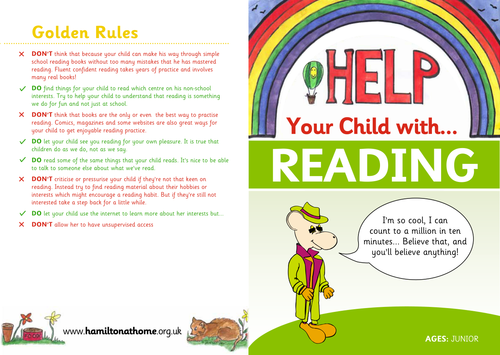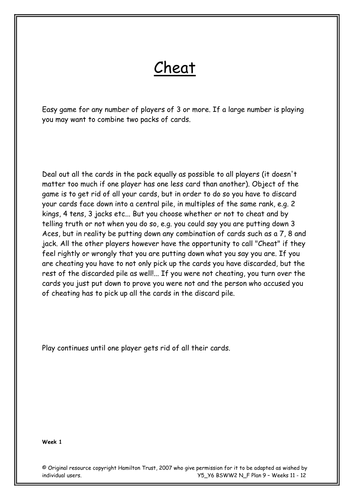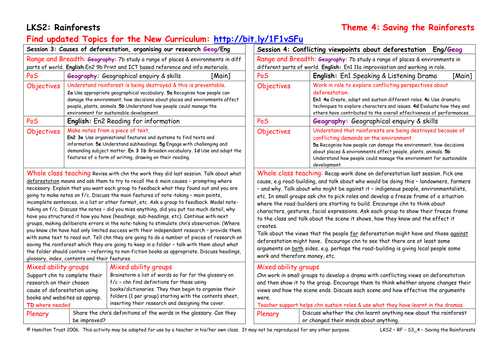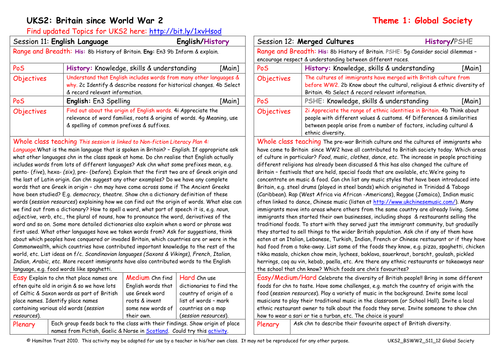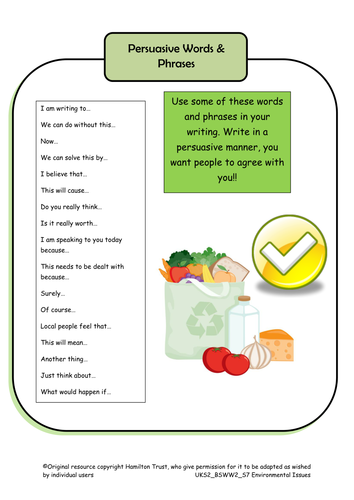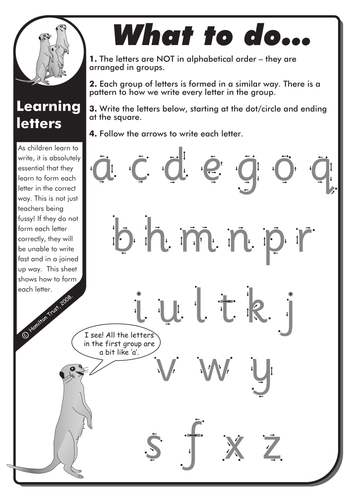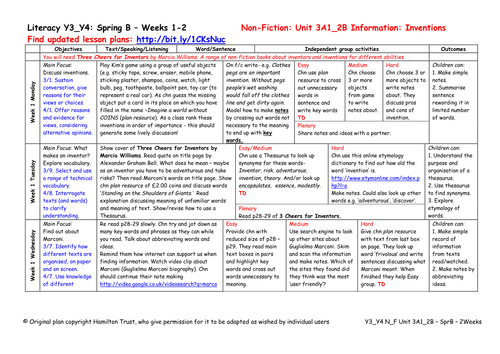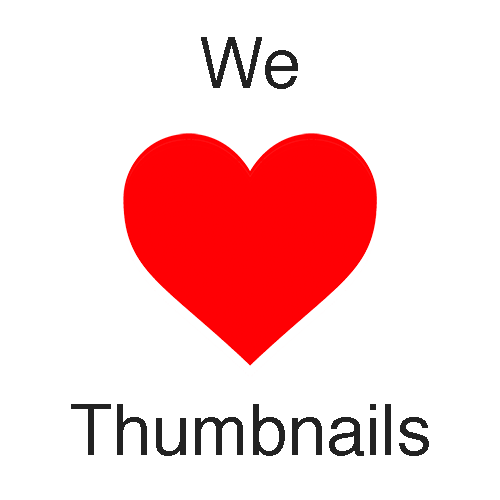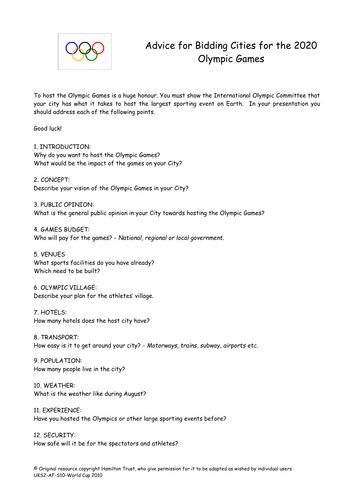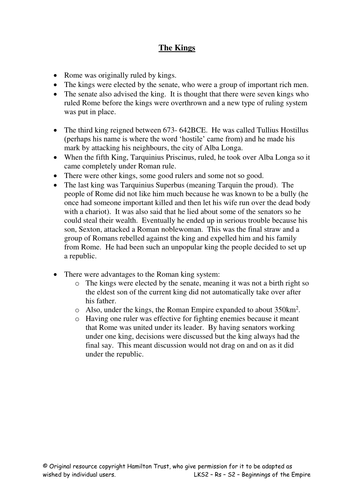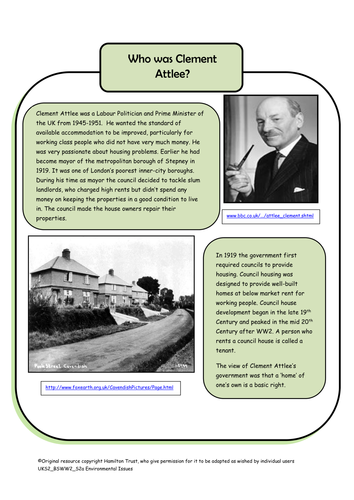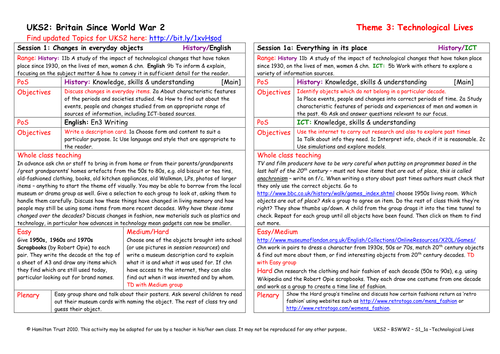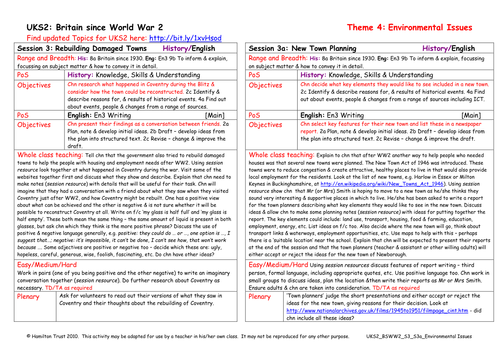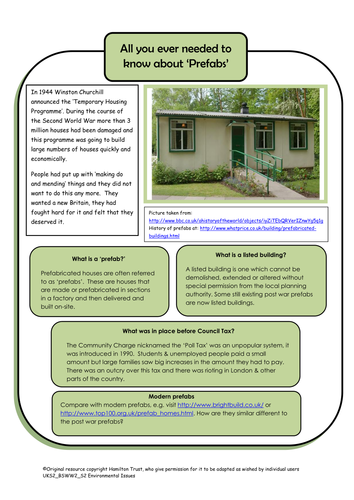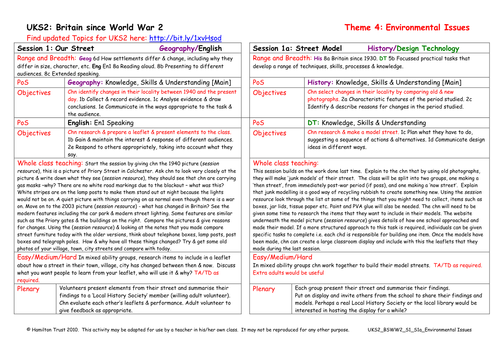
397Uploads
10060k+Views
11655k+Downloads
English

Recounts Weeks 3 - 4
Identify the features of narrative recounts and explore and compare two examples. Discuss fact vs opinion and different viewpoints.
Children write a narrative recount about their own childhood before working in role as a passenger on the Windrush to write another.

Journey To Jo'burg
Explore in more detail the history of apartheid in South Africa, with links to Mandela. Look at the signs that were displayed.
Pick out examples of effects of apartheid on non-whites in Journey to Jo’burg, and act out short scenes that show these effects.
Suitable for years 5 and 6.

Instructions and Explanations Weeks 11 - 12
Wake-up to the 21st century with instructions for computer games, mobile phones and explanations for blogs and podcasts.
Children write a booklet for their granny, giving instructions and explanations to fit her for life in 2010!

Conflicting viewpoints about deforestation
There are two sides to every argument! In this session children take on roles on opposing sides of the deforestation argument. Children create simple freeze frames and sketches to put points across.

Making A Link
Discuss the reasons why linking with a school in Africa is important & emphasise its importance in helping to fulfil the Millennium Development Goals. Chn tackle a CAFOD activity to act as advisers to an aid agency distributing funds to suitable projects.
Suitable for years 5 and 6.

English Language
The English language contains words from many different languages. Children investigate old Saxon and Celtic words used in British place names, Greek prefixes and word roots that are used in English words and words that have been introduced from other languages.

Shopping Bags
Food was bought locally and regularly in small shops after WW2. Assistants picked and weighed food for you, there was very little packaging as paper bags or your shopping basket were used. Children write a letter to persuade shops not to use plastic bags.

Year 1 - Fiction 1: Stories with familiar settings
Use the story of Knuffle Bunny, by Mo Willems, to inspire children to write a story about their favourite soft toy. Practise forming upper and lower case letters. Use capital letters for names and to start sentences. Investigate words ending in 'le' and words containing /oy/.

Yr 3/4 NF Unit 3A1-2B Information: Inventions
Explore how to find and present information about inventors and inventions. Give a talk as part of a group. Watch and listen to inventors explaining their ideas online. Make notes and contribute to a creative class book about inventors.

Children discuss the advantages and disadvantages of texting and emails, then write an email with attachments to an email ‘pen pal’ about their favourite session from this topic.

School's Out!
What do children do when they are not in the classroom? At playtimes, evenings and weekends? Discuss sport, games and hobbies. Write instructions for a playtime game or making a craft object to send to their link school friends. Try an African game or craft.
Suitable for years 5 and 6.

Olympic Games: an African Aim
The host of the 2020 Olympic games will be …? The groups present their Olympic bids before the winner is announced. The real decision won’t be made until 2011, but will Africa be awarded the games for the first time?

Kings, Republic, Emperors
Children locate the Roman empire on a timeline and discuss how historians and archaeologists are able to piece together the facts. They look at the 3 systems of government: monarchy, republic and emperors, and debate advantages/disadvantages of each.
Suitable for years 3 and 4.

Council Houses
Children recognise the need for affordable social housing. Groups discuss different forms of affordable housing – council houses, tower blocks, housing associations, prefabs.
Feedback to class with pros and cons and decide which would be most useful after a problem.

Changes In Everyday Objects
Children look at every day objects which have changed since WW2, choose one and write a museum card for it.

Effects of Human Land Use
Children read the description of a fictional tourist town, they consider the way the town is dependent upon the tourist industry that surrounds the Coral Lake.
A proposed new bylaw aims to change things – what effects will this have? Children hold a town meeting.

Rebuilding Damaged Towns
After WW2 many towns that were badly damaged in the bombing needed to be re-built. Children research what happened in Coventry and consider what could be done to help re-build and re-construct the area. Present their findings as a conversation between friends.

Prefabs
Children understand that millions of houses were destroyed during WW2 and they needed to be replaced. Houses were designed that were pre-fabricated. They were quick to build; thousands were put up in the 1940s/1950s. Children choose key info needed to sell a prefab.

Our Street
Children look at streets around the school, houses, shops and street furniture. Compare today with the 1940s. Use old photos of home town/village or city as resources. Children produce a leaflet showing how their street has changed between then and now.

